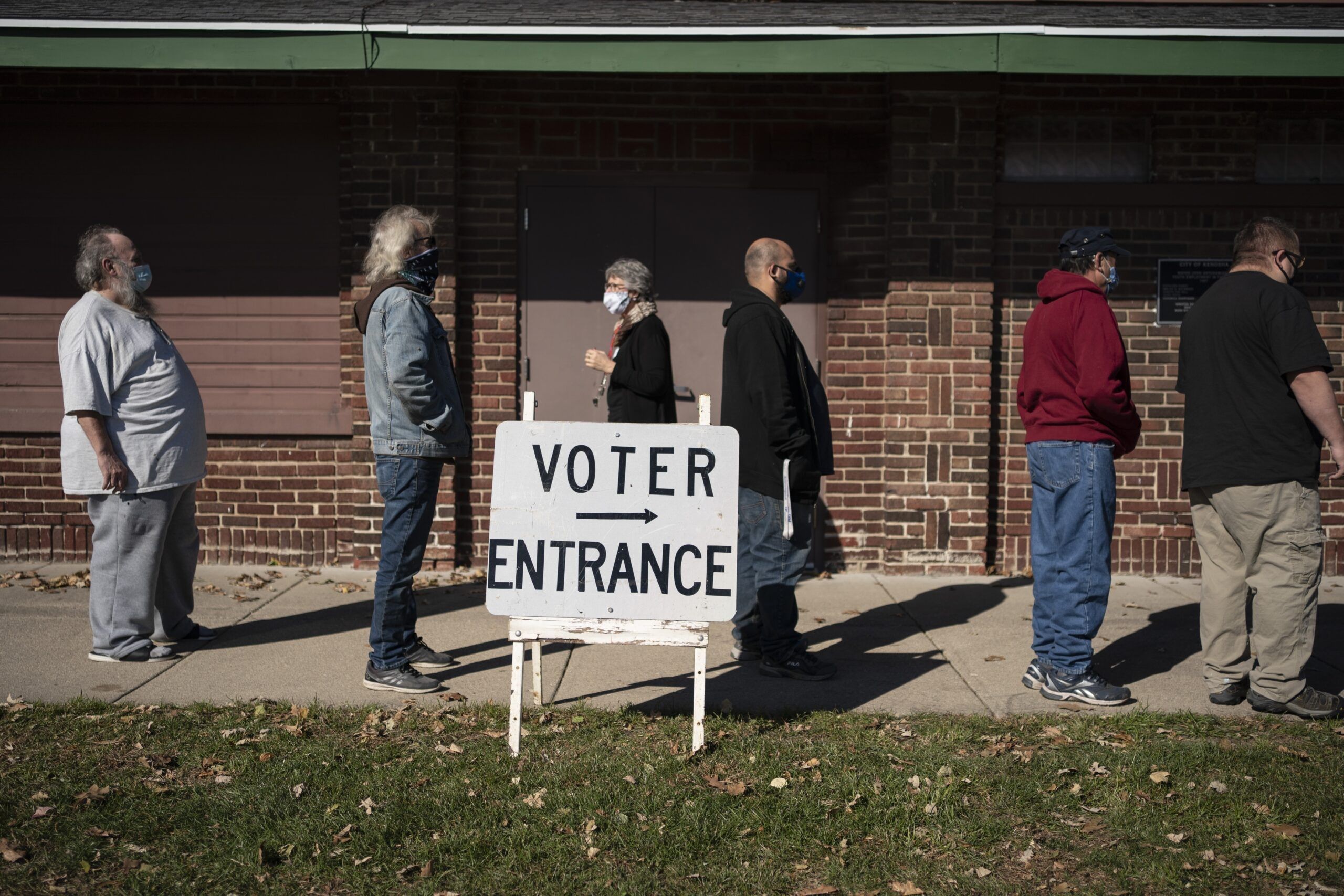

Voters in North Dakota elected to initiate a measure to put an age limit restriction on candidates running for Congress.
Measure 1, or the Congressional Age Limits Initiative, prohibits candidates from running for the U.S. Senate or U.S. House of Representatives if he or she will turn 81 years old by December 31 of the year before their end of term. North Dakota voters approved the measure on Tuesday. With more than 95% of precincts reporting, 60.9% of voters supported the measure compared to 39.1% who opposed it.
The Washington Examiner previously reported on the concerns of many of North Dakota’s older residents about the measure. Sen. Kevin Cramer (R-ND) was a vocal opponent of Measure 1, expressing his disbelief that “any patriotic conservative would vote to limit their choices.” His stance was met with a significant portion of the public supporting the measure.
Additionally, while Measure 1 puts an age limit on who could run for office, the bill also provided guidelines in case federal law required candidates to appear on the ballot if their age was greater than 81 years old. In such a case, Measure 1 would necessitate printing the candidate’s age “must be printed next to the names of all candidates for all federal legislative offices in future elections.”
The election results revealed a clear public sentiment, with the majority of people in the state disagreeing with Sen. Kevin Cramer’s opposition to Measure 1. Many proponents of the measure believe that supporting it could pave the way for real change and set a precedent for the rest of the country.
“Most people think it’s common sense that politicians should retire at some point,” said Jared Hendrix, a Republican politician in the state. He was one of the people who helped obtain signatures to put the measure on the ballot, according to the New York Times.
CLICK HERE TO READ MORE FROM THE WASHINGTON EXAMINER
“I think it’s very possible that if we pull this off here, other states will follow,” he said.
With Measure 1’s official approval, the bill’s text stipulated that it would “take effect immediately upon passage at the 2024 primary election or 2024 general election.”




